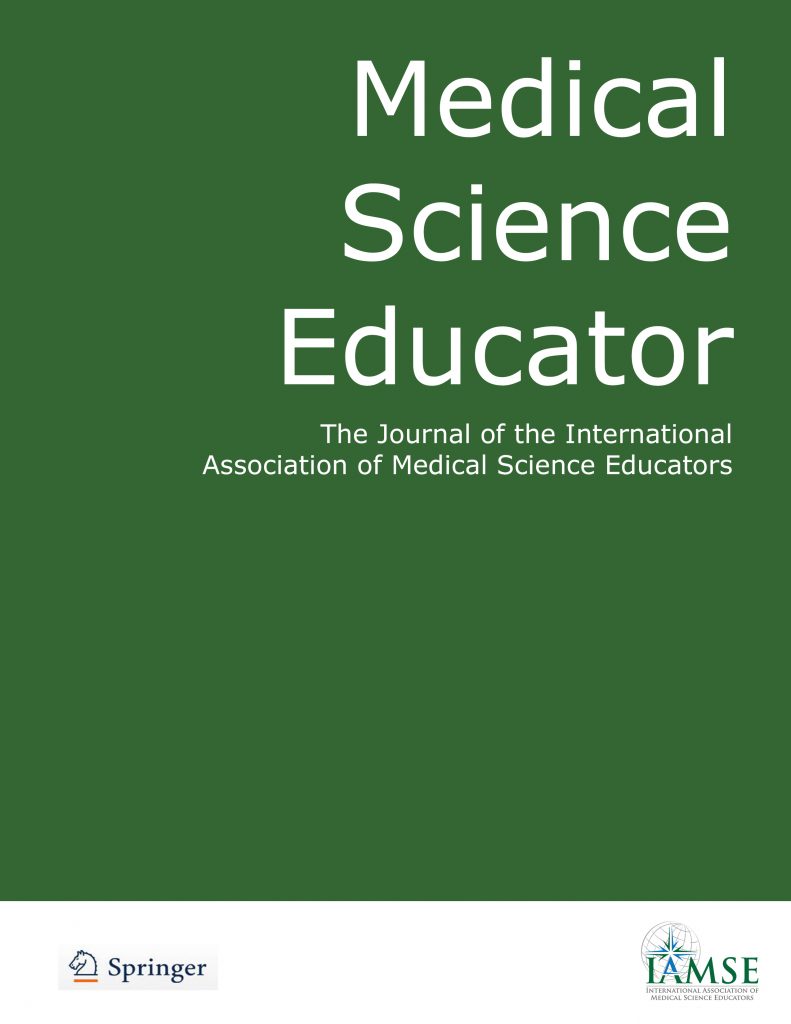
This month, the IAMSE Publications Committee review is taken from the article titled Augmented Reality Integration in Manikin-Based Simulations: Bringing Basic Sciences to the Critical Care Bedside with Limited Augmented Reality Resources, published in Medical Science Educator (27 June 2023) by Colleen M. Donovan.
This research integrated Augmented Reality (AR) with manikin-based simulations for the first time. Manikin-based simulations have been a staple in medical education, offering hands-on practice and training for medical interns dealing with critical care scenarios. The study introduces AR as a transformative tool that overlays interactive anatomical holograms and the Insight Heart app onto these simulations. This integration makes complex pathophysiological concepts more visualized and tangible, bridging the gap between theoretical knowledge and practical application.
A major challenge addressed by the researcher was the high cost of AR technology. Using a single HoloLens headset and an iPhone with AR apps, the researcher developed an innovative solution allowing all participants to view the holograms simultaneously, rather than only the one who wears the single headset. This approach ensured that the entire student team could engage with the AR content, enhancing the collective team-based learning experience.
The simulations covered managing atrial fibrillation from pulmonary embolism and addressing upper gastrointestinal bleeding. By incorporating AR, students gained real-time insights into anatomical structures, which improved their decision making.
Feedback from students and faculty highlighted increased engagement and a better understanding of complex concepts.
This study sets an example that AR can be integrated into simulation easily with less financial burden to benefit more students. This innovative AR integration has the potential to expand to cover many other critical pathologic disorders.
It is essential to read the full article, if any medical educators are interested in applying simulation in their teaching or curricula. Future research is warranted to compare the long-term knowledge retention and clinical skill of dealing with those critical scenarios between students who accept integrative AR simulation and those who only accept manikin simulation.
Qing Zhong, MD, PhD
Professor of Pharmacology
Rocky Vista University